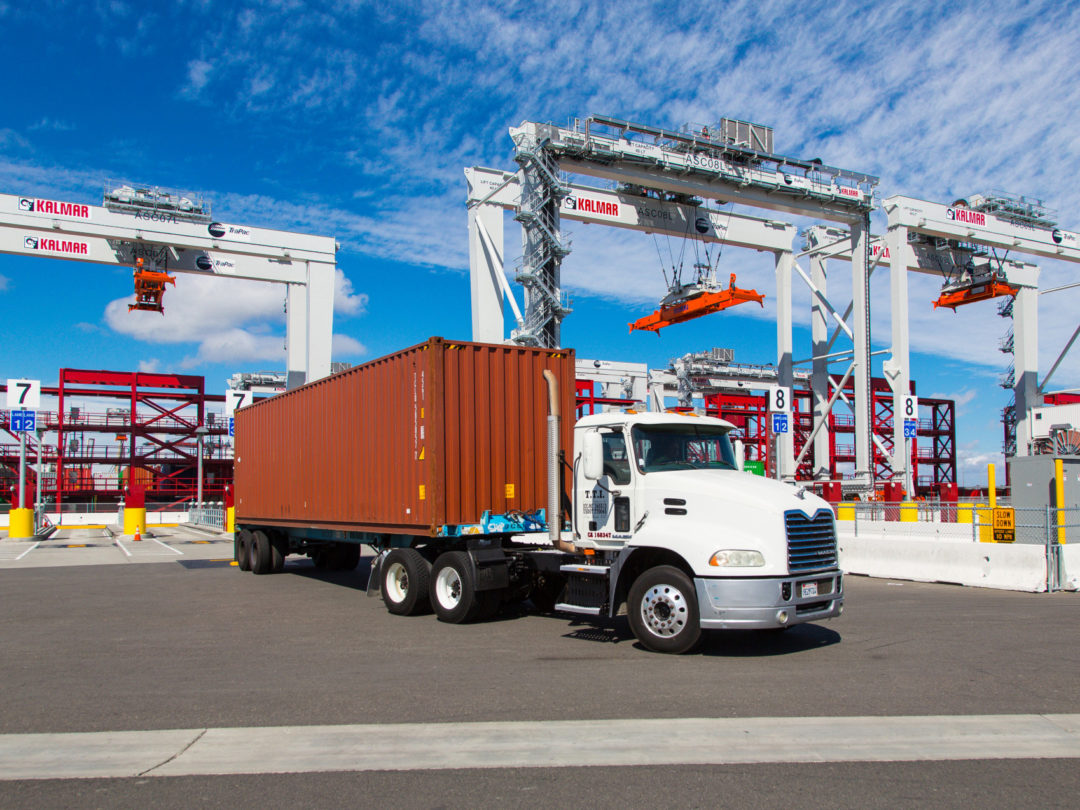
Visit Our Sponsors |
|
|
|
|
|
|
|
|
|
|
|
|
|
|
|
|
|
|
|
|
|
|
|
|
|
|
|
|
|
|
|
|
|
|
|
|
|
|
|
|
|
|
|
|
|
|
|
|
|
|
|
|
|
|
|
|
|
|
|

According to the U.S. Census Bureau, year-to-date through September seasonally adjusted U.S. imports are down 2.7% year over year. Imports from China, the United States’ largest trade partner, are down 13.5%, while those from Mexico, the nation’s second-largest trade partner, are up 5.0%. The decline in imports is partially due to an increase in tariffs the U.S. has levied against various countries, including China, Turkey, India and the European Union.
The number of tariffs imposed, as well as other global risks such as Brexit, are increasing at a rapid pace. A mere Tweet can shift global trade in a matter of minutes. As such, shippers should partner with supply-chain partners, including forwarders, in order to respond quickly to such changes without additional costs or delays.
The forwarder’s role in trade is that of a trusted adviser, for arranging, booking and tracking shipments on behalf of shippers. As part of this service, their ability to understand trade requirements at the commodity level is particularly important in today’s environment.
Customs brokerage requires expertise in tariff and customs laws, and rules and regulations for the clearance of imported or exported goods. It also involves the preparation of import or export documents, including computation and payment of duties, taxes and other charges.
Customs brokerage has traditionally been a labor-intensive process. Technology has sped up the process, by enabling the filing of required documents online, and providing end-to-end visibility. Additional technology enhancements include screening of trade partners, processing e-manifests through the Automated Commercial Environment (ACE), and analyzing shipper and vendor metrics.
Technology advances will continue within the customs brokerage industry, as well as freight forwarding, whole allowing for complete visibility, faster filings and the ability to respond more quickly to exceptions such as delays, damages or port closures.
Artificial intelligence could have the biggest impact on customs brokerage in the year ahead. AI has the potential to replace the need for entry writers and, for that matter, customs brokerage houses. But should automation take over completely? There’s a definite cost savings to be realized, but one must remember that customs brokers are not only entry filers, but also duty-management consultants and strategists. This role has been magnified in the wake of trade upheavals due to tariffs and other factors, causing many shippers to seek advice as to where to source and take advantage of friendlier trade agreements.
Regardless, as the complexities of global trade persist, freight forwarders will continue to be valuable supply chain partners. Value-added services such as customs brokerage will remain in high demand, to help shippers maneuver through the uncertainties of the market.
Outlook
Technology will continue to play an important role in freight forwarding and customs brokerage. Visibility across the supply chain is crucial. So is the data that comes from automation, providing a competitive advantage for shippers, while solidifying forwarder’s role as a trusted adviser.
Doug McBee is CCO of AGL.
RELATED CONTENT
RELATED VIDEOS
Timely, incisive articles delivered directly to your inbox.


